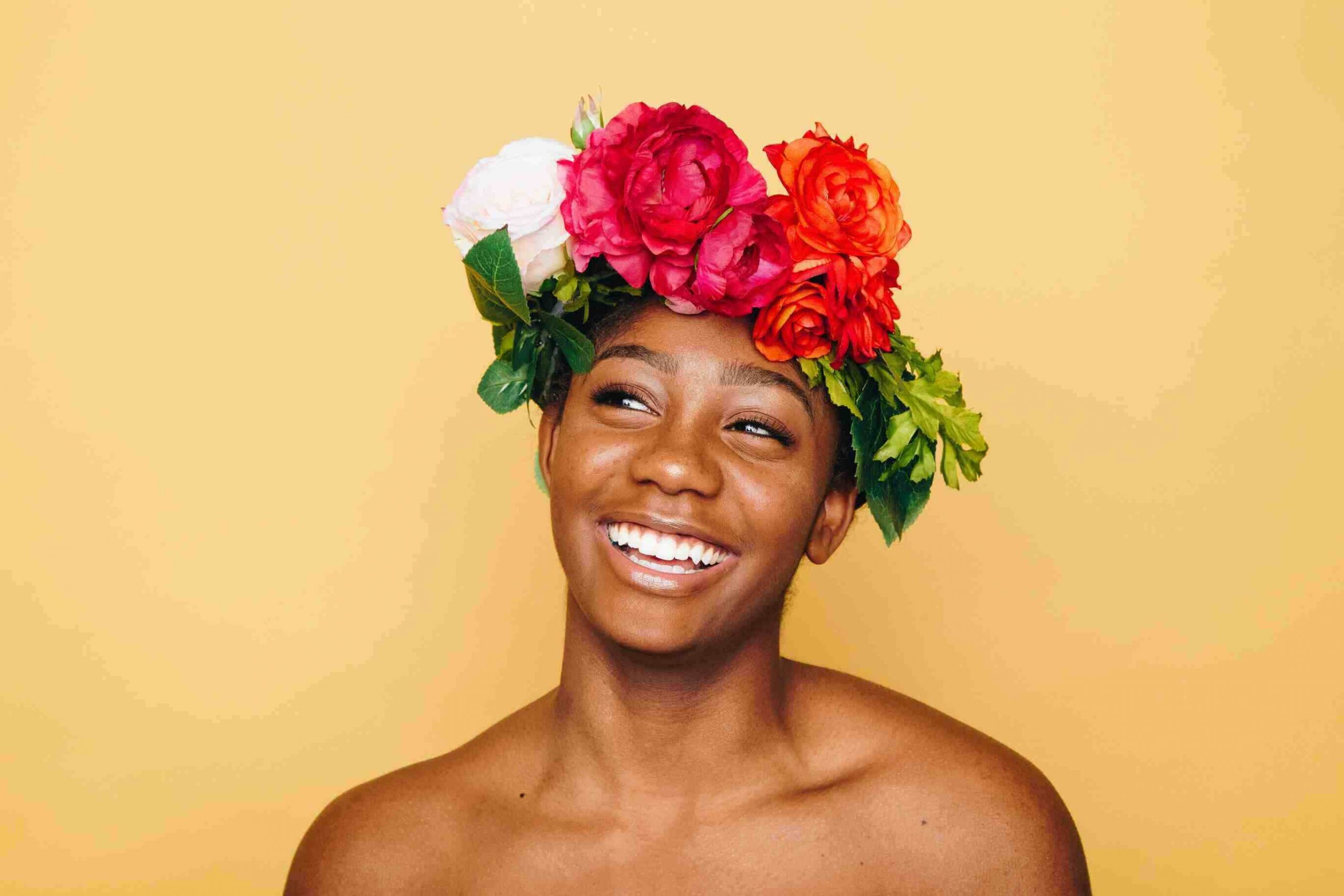Black hairstyles have a rich and diverse history that spans centuries and reflects the cultural, social, and political experiences of black women.
The history of black hairstyles can be traced back to ancient Africa, where hair was seen as a symbol of identity, spirituality, and social status. Different tribes and regions had their own unique hairstyles, such as braids, cornrows, and intricate hair designs. These hairstyles not only showcased creativity but also served practical purposes, such as protecting the hair from the elements.
During the era of slavery, black women’s hairstyles were often dictated by their owners. Many enslaved women were forced to wear head coverings or shave their heads as a means of dehumanization and control. However, even in the face of oppression, black women found ways to express their identity through their hair. They would create intricate braided styles and use natural products to nourish and maintain their hair.
The 20th century witnessed a resurgence of black pride and self-expression, which greatly influenced black hairstyles. The Harlem Renaissance in the 1920s and 1930s brought about a celebration of black culture, leading to the popularization of the “natural” look. Black women began embracing their natural hair textures and wearing afros, symbolizing a rejection of Eurocentric beauty standards.
In the 1960s and 1970s, the Black Power movement further emphasized the importance of embracing natural hair. Icons like Angela Davis and Pam Grier popularized afros and braided styles, empowering black women to embrace their heritage and challenge societal norms.
In recent decades, black hairstyles have continued to evolve and gain mainstream recognition. From box braids to cornrows, dreadlocks to twists, black women have been at the forefront of setting trends and shaping the beauty industry. Celebrities like Beyoncé, Rihanna, and Lupita Nyong’o have showcased the versatility and beauty of black hairstyles on red carpets and magazine covers, inspiring millions around the world.
It is important to acknowledge that black hairstyles have often been subject to discrimination and cultural appropriation. Black women have faced workplace discrimination and societal biases based on their natural hair, leading to movements like the Crown Act, which seeks to protect individuals from hair-based discrimination.
The history of black hairstyles is a testament to the resilience, creativity, and cultural significance of black women. From ancient Africa to the present day, black hairstyles have been a powerful form of self-expression and a celebration of black identity. By understanding and appreciating this history, we can continue to uplift and empower black women in their journey of self-love and acceptance.

